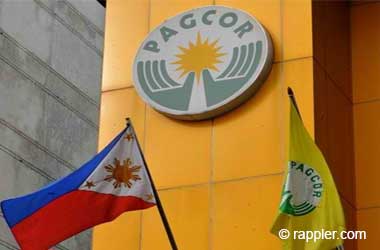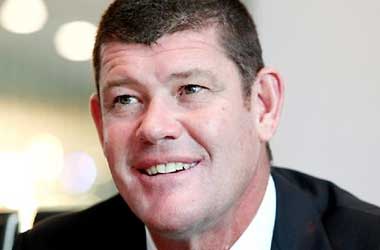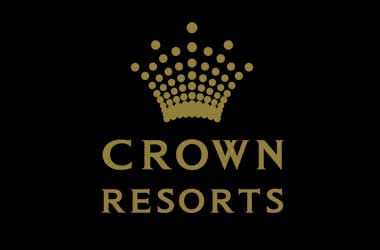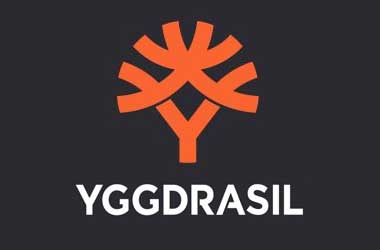PAGCOR Pushes For Uniformity In Taxes For Offshore Gaming Operators
 The Philippine Amusement and Gaming Corp (PAGCOR), which is the main gaming regulator in the Philippines has said that all Philippine Offshore Gaming Operators (POGOs) must be treated uniformly regardless of where they are located.
The Philippine Amusement and Gaming Corp (PAGCOR), which is the main gaming regulator in the Philippines has said that all Philippine Offshore Gaming Operators (POGOs) must be treated uniformly regardless of where they are located.
PAGCOR made this stance public after some groups started lobbying government officials to provide certain tax benefits to POGOs operating in special economic zones.
The country’s gaming regulator said attempts to insert certain provisions into a bill seeking to properly regulate POGOs have resulted in delays to the final ratification of the legislation.
PAGCOR chairman and CEO Andrea Domingo said there must be a level playing field in the online gaming industry, adding that all policies, regulations and laws should be enforced uniformly.
Under current proposals, a 5% gaming tax would be imposed on gross gaming revenues generated by POGOs. It would replace all other levies, including franchise taxes and fees. Additionally, POGO employees earning Php600,000 or more should pay a 25% withholding tax. A similar levy would also be imposed on foreigners working for offshore gambling operators and service providers.
The government would also collect a minimum monthly withholding tax of Php12,500 from all POGO workers in order to prevent incorrect salary declarations. All non-Filipino employees would be required to have a Tax Identification Number (TIN).
But according to reports, there have been efforts to provide tax breaks for those operating in special zones, like the Clark Special Economic Zone and the Subic Bay Freeport Zone.
Legislation Still Held up In Congress
The POGO bill was approved by the House of Representatives back in February and by the Senate in June. It was put forward as an urgent measure in a bid to raise much-needed funds to deal with the COVID-19 pandemic. But up to today, the legislation is still stuck in Congress. Domingo already expressed support for the POGO bill in April, saying the new taxation scheme is fair and good for both the operators and the government.
POGOs were among those ordered to shut their operations during the height of the pandemic in 2020. There are 51 official licensees but only 34 of them have been given the green light to resume operations after the lifting of COVID-19 restrictions, as part of a government crackdown on operators who are incompliant with tax laws.
To continue operating, all POGOs and service providers have been ordered to settle any outstanding tax obligations. The payment of license fees, regulatory charges, performance bonds, or penalties owed to PAGCOR must also be kept up to date. The new taxation scheme for POGOs is estimated to generate around PhP45 billion in annual revenues.
Carolyn DuttonAuthor
Carolyn is our legislation expert, with a background in law she is able to cover the current state of gambling around the world





